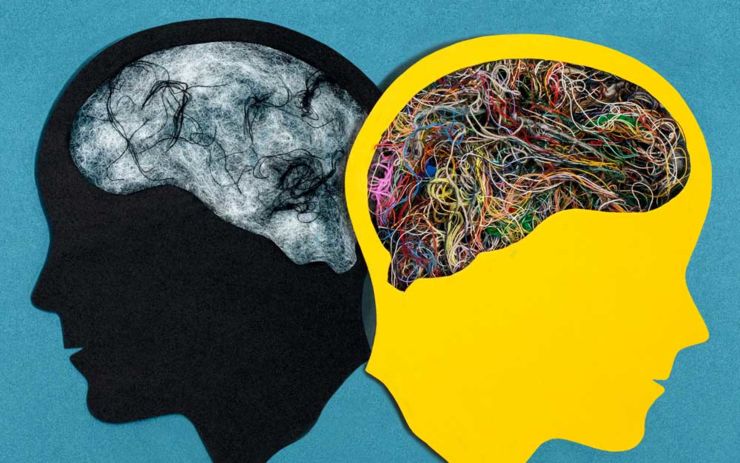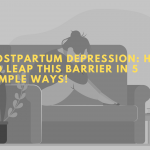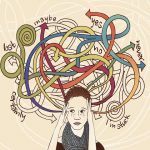Sometimes there’s a stark contrast in people’s moods. Do you have days when the mornings feel warm and the sun has a mellow glow, days, when everything feels smooth and easy, meeting people excites you, the traffic gives you a moment to appreciate the architecture of buildings around you, the reflections of clouds paint scenic view across the skyline of the city. Then there are days when you feel ‘low’, the day opens with a distinct heaviness to it, morning chores seem unending, the traffic seems an unwarranted issue, the general drudgery of life comes condensing around you?

Bipolar Disorder is marked by a mercurial attitude of the individual. The individual is prone to episodes of extreme plight and joy as well as episodes of raised aggression and even mania, an unusual shift in mood, energy and behaviour. This psychological issue is prevalent amongst Indians and is curable.
DEFINITION
According to the National Institute of Mental Health’s website, “Bipolar disorder, is sometimes referred to as manic-depressive disorder, is characterized by dramatic shifts in mood, energy, and activity levels that affect a person’s ability to carry out day-to-day tasks. These shifts in mood and energy levels are more severe than the normal ups and downs that are experienced by everyone”
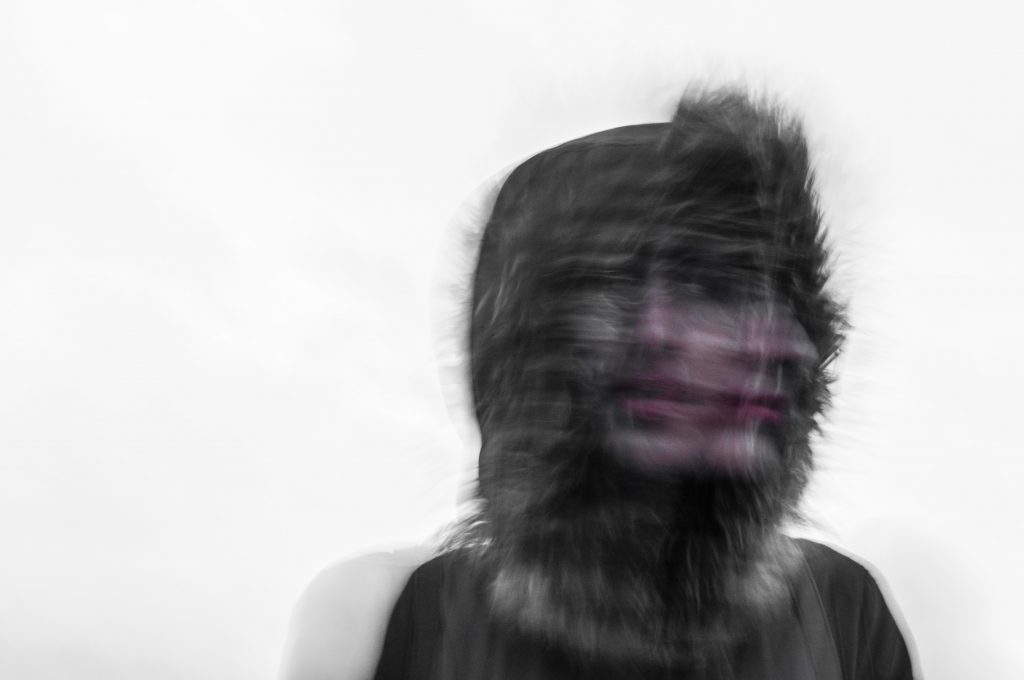
WHAT MAKES IT STAND OUT?
Everyone goes through the cycles of happiness and sadness but what differentiates Bipolar Disorder is the fact that these responses to the general conditions of life are extreme. These sudden buts can be episodic- ranging for some time but appearing at irregular intervals. The reactions of individuals suffering from bipolar disorder are significantly apparent.

WHAT ARE THE SYMPTOMS OF BIPOLAR DISORDER?
Normally Bipolar Disorder seems to manifest by late adolescence or early adulthood. There are cases noted even in children and has been known to play a major role in job loss, marital issues, family issues.
People with Bipolar Disorder tend to have prolonged periods stuck in specifically intense emotion, unusual speed patterns and hampered productivity. These periods are known as – Episodes. These episodes are very different from the manner in which a regular person responds, they tend to last days or weeks during which the emotions keep fading in and out and certain times when the individual undergoing these cycles becomes self-aware, it also ends up triggering panic attacks. Mood episodes are intense, the noticeably increased/decreased activity and response levels are visible to others but to the one suffering. However, there are cases of people who demonstrate very mild shifts in their behaviours.
| SYMPTOMS OF MANIC EPISODE | SYMPTOMS OF DEPRESSIVE EPISODE |
| Decreased need for sleep | Trouble falling asleep |
| Feeling elated, aggressive, irritable | Feeling low, sad, anxious |
| Feeling more active than usual | Feeling slowed and heavy |
| Racing thoughts | Trouble in focusing |
| Aggravated self-importance | Diminished self-importance |
There are also cases of people that happen to show both manic and depressive symptoms in the same episode. In such a condition a person might feel elated, filled with energy and at the same time feel hopeless and troubled with daily life. The very complexity of this condition also can make it look like a mild to a severe case of personality disorder for another person’s perspective.
TYPES OF BIPOLAR DISORDERS
Bouts of Bipolar Disorder have been characterised into categories based on the time period of behavioural shifts, their severity and the ages that they affect. Remember that this is not a black or white classification, there are regions of grey and uncharted regions of light and dark greys as well.
- BIPOLAR I DISORDER is marked by the severity of the behaviour changes to the extent that medical intervention is needed. The symptoms last about a week or even two. The episodes of mixed symptoms (feeling manic and depressive at the same time) are also recorded.
- BIPOLAR II DISORDER is characterised as a hypomanic/depressive episode but not of the extent as described above.
- CYCLOTHYMIC DISORDER (also known as cyclothymia) is marked by a persistent presence of depressive episodes that are so dilute that they go unnoticed and aren’t treated. They last longer than type two disorder, probably about two years in adults and about a year in kids.
- OTHER SPECIFIED AND UNSPECIFIED BIPOLAR AND RELATED DISORDERS refers to the category of the unrecognised and non-categorised symptoms that surface in individuals but are not categorised or do not fit into the categories defined above.
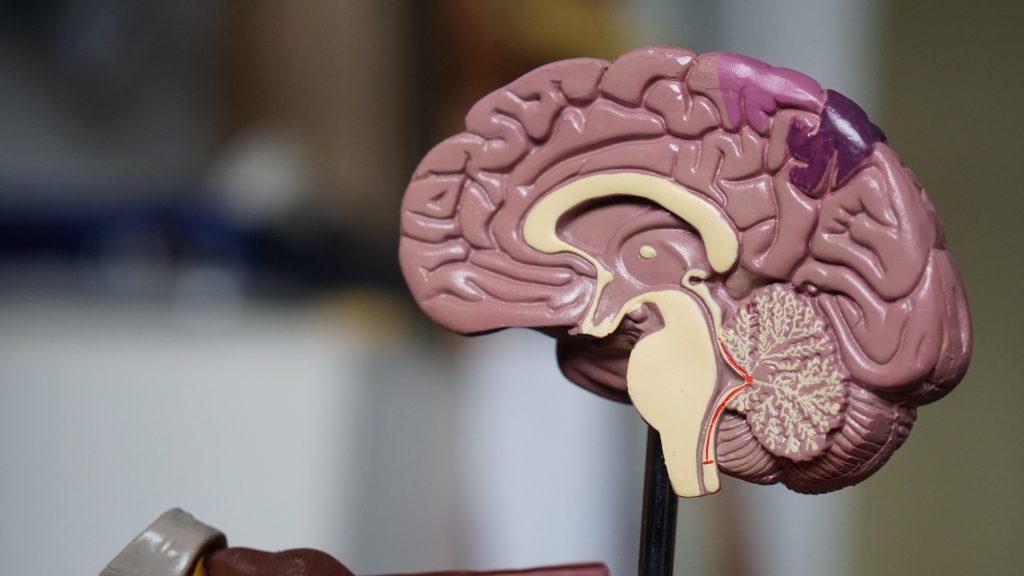
CAUSES OF BIPOLAR DISORDER
There is no direct cause of Bipolar Disorder, however, the researches and analysis of cases have shown multiple factors to coordinate while this disease manifests.
- GENES there has been some inspection of the genome to understand whether if the genes may have any role to play in bipolar disorder, there have been some results that support this thesis but we can’t say for sure. There are some genes that can interact to result in bipolar disorder but other cases suggest otherwise. There have been cases where when a twin develops bipolar disorder, others don’t. People who have a family history of this disease are not exactly likely to develop it as well.
- BRAIN researchers have tried to understand the differences in the structure of brains of people suffering from bipolar disorder or other psychiatric disorders so as to make the diagnosis of this disorder easy. However, currently, all the diagnosis currently works only on the analysis of the symptoms.

DIAGNOSIS
To diagnose bipolar disorder, a doctor/health official can chart out the following methods.
- A complete body check-up to screen any underlying disease.
- Order a pathology report to confirm the health
- Refer the individual seeking aid to a registered psychologist/psychiatrist for further analysis.
The further analysis from the psychiatrist is based on an individual’s experiences, history, family ancestry and any other factors that might have triggered this disorder.
There are reasons why a disorder of such an extent mostly goes undiagnosed. The doctors are more or less quick to assume the episodes of hypomania as mild depression or sometimes as a generalized anxiety disorder. The family and friends are less likely to notice this underlying development and subtle changes are mostly ruled out as stress. Sometimes patients themselves have other physiological conditions that make it difficult to diagnose or treat this disorder.
TREATMENTS OF BIPOLAR DISORDER
Treatments for bipolar disorder is generally a combination of medications and psychotherapy. The treatments are known to work on individuals suffering from this disease for varying time periods. This disorder is a lifelong disease and the symptoms keep on fading in and out of a person’s life. Long term medications and therapy/ support groups can help people manage their symptoms and have a better hold on life.
- MEDICATIONS there are a variety of drugs on the market that are used to treat bipolar disorders. However, as general biology of individuals varies, the psychiatrists advise a battery of pills before tailoring it down to an individuals’ requirements. Drugs generally used are Antipsychotics and mood stabilizers. Treatment plans also work on anxiety and disrupted sleep patterns. The patients are required to disclose their previous medical conditions and issues.
- PSYCHOTHERAPY better known as talk therapy is a procedure of identifying basal psychology, helping them construct support and coping mechanism. Treatment includes Cognitive Behavioural Therapy, psychoeducation, interpersonal and social rhythm therapy (IPSRT) and family-focused therapy
Apart from therapy, you can indulge in regular exercises like jogging, swimming, aerobics, cycling that help with depression promotes better sleep and keeps your brain and heart-healthy. Anaerobic exercises like yoga, pilates can also be helpful.

Keeping a journal or daily logs are also found to be healing and provide you with a better support system. Even if you feel uncomfortable talking about your conditions with others, keeping a journal helps you feel grounded and calm and you can share whatever you feel like, having control over life. Self-reporting is also important as it provides your doctor with a first-hand account of your life and acts as an unbiased monitor of your conditions.

Lastly, remember bipolar disorder is an identified condition that affects millions and with a caring environment, substantiated support system and a trained doctor you can lead a simple regular life with better control over you…

